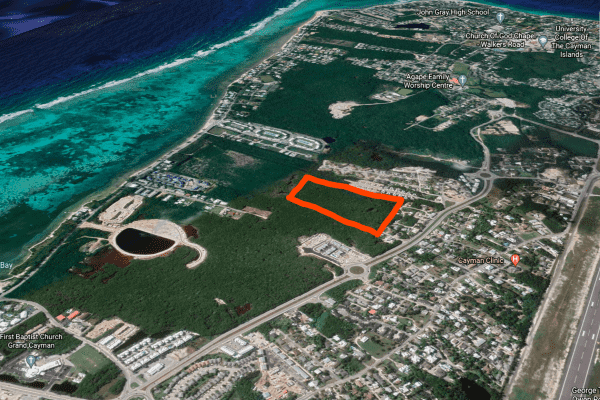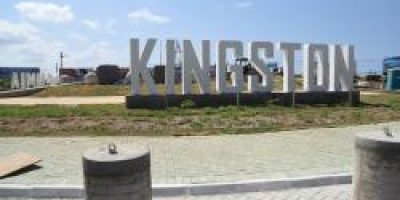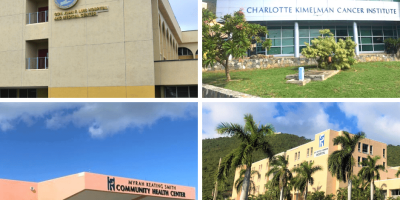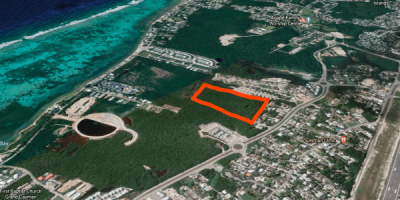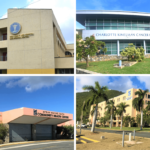(CNS): Local activist group Sustainable Cayman has raised concerns that plans to build affordable housing in the South Sound basin are being resurrected by the PPM as part of their policy platform. They said there is still no stormwater management plan in place and no indication that the revised National Development Plan will address the problem of the over-development of this wetlands area, which is causing the flooding.
The activists told CNS that building on this 24-acre wetland site near Randyke Gardens, which was given to the National Housing Development Trust as a way of addressing the current affordable housing crisis, will threaten hundreds more homes that are already subject to serious flooding.
On the Progressives’ campaign website, building on this plot on the list of actions to deal with the problem. However, without any plans to tackle the inevitable flooding, there are deep concerns that such a move could be catastrophic. The surrounding area is already subject to major development, and older properties in the community have already suffered some of the worst flooding in Grand Cayman, which is likely to get worse as more private sector projects receive planning permission.
An application has been made to re-zone this land from low density to high density. This was originally made by Yarlcay, a private developer who is also proposing an affordable homes project adjacent to the crown-owned land. The application for this increase in density was made by Yarlcay because the cost of filling the low-lying wetland would be prohibitive if the density is not increased, illustrating the problem with continuing to build in this area.
The Central Planning Authority chairperson has said on a number of occasions when addressing objections to the many development applications in this area in recent years that developers are not responsible for wider flooding caused by the accumulative development.
The CPA has taken the view that it is not responsible for stormwater issues and has continued to approve developments without due consideration of the overall impact, allowing a piecemeal approach to the drainage issue on individual projects.
In a recent report regarding the re-zoning application published last month, the Planning Appeals Tribunal came down three to two in favour of allowing the re-zone, despite the concerns raised on a number of occasions by the Department of Environment and the government’s failure to address the stormwater management issues.
In 2021, the PACT administration shelved the idea of using the plot for the NHDT and considered a suggestion by Sustainable Cayman for a conservation-recreation area and nature trial in an effort to protect the remaining mangrove habitat and the surrounding homes and reduce the problematic and regular flooding.
Nevertheless, although the current housing minister had not made an application for the re-zoning, as is usually required, representations for the re-zoning were made by the director of the Department of Planning and the chief officer in the planning ministry. The tribunal took this as government support for the re-zone, which is now likely to go ahead.
See the PAT report in full below:

